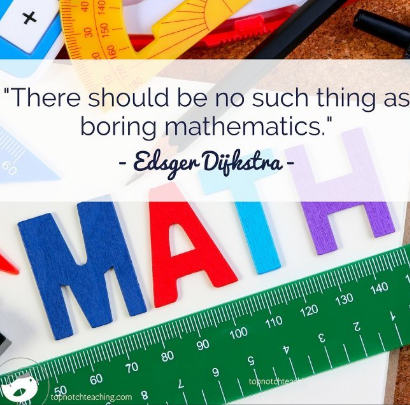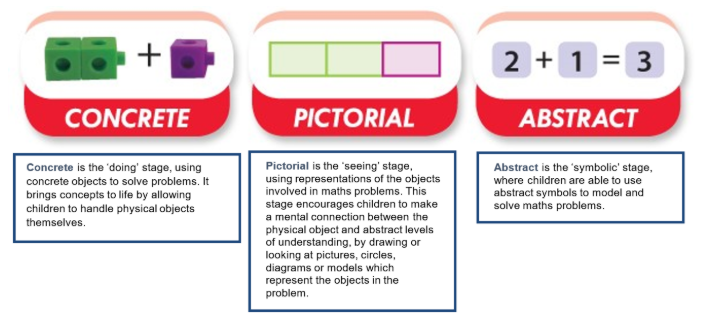Maths

Intent
It is our intent that children will learn through a mastery approach, which is deep, sustainable and achievable for all. They will have fluent knowledge and understanding of the number system with the ability to rapidly recall number facts, in addition to performing written and mental calculations efficiently. They will develop factual, conceptual and procedural fluency through a concrete, pictorial and abstract approach. Through a broad range of skills in applying mathematics, they will solve real life problems and reason about mathematical concepts and make connections. When faced with challenges in new and unusual contexts, children will think independently and persevere, showing confidence in success.
A Dingle Mathematician will demonstrate:
- An understanding of important concepts and an ability to make connections within mathematics.
- A broad range of skills in using and applying mathematics.
- Fluent knowledge and recall of number facts and the number system.
- The ability to show initiative in solving problems in a wide range of contexts, including new or unusual.
- The ability to think independently and to persevere when faced with challenges, showing confidence in success.
- The ability to embrace the value of learning from mistakes.
- The ability to reason, generalise and make sense of solutions.
- Fluency in performing written and mental calculations and mathematical techniques.
- Able to use a wide range of mathematical vocabulary, precisely and give answers in full sentences.
- A commitment to and passion for the subject.
Key Concepts
Know and use numbers - This concept involves understanding the number system and how they are used in a wide variety of mathematical ways.
Add and subject - This concept involves understanding both the concepts and processes of addition and subtraction.
Multiply and divide - This concept involves understanding both the concepts and processes of multiplication and division.
Use fractions - This concept involves understanding the concept of part and whole and ways of calculating using it.
Understand the properties of shapes - This concept involves recognising the names and properties of geometric shapes and angles.
Describe position, direction and movement - This concept involves recognising various types of mathematical movements.
Use measures - This concept involves becoming familiar with a range of measures, devices used for measuring and calculations.
Use statistics - This concept involves interpreting, manipulating and presenting data in various ways.
Use algebra - This concept involves recognising mathematical properties and relationships using symbolic representations.
Implementation
Power Maths sessions are taught daily in each year group. Power Maths is a whole-class mastery programme designed to spark curiosity and excitement to help nurture confidence in maths. It is the only mastery programme perfectly aligned to the White Rose Maths progressions and schemes of learning, it’s written specifically for UK classrooms by leading mastery experts, and is recommended by the DfE. Children learn by using a high-quality textbook, online learning tools and a practice book for each term. There is a consistent use of the CPA (concrete, pictorial, abstract) approach across Power Maths, which helps children develop mastery across all the operations in an efficient and reliable way.

Teaching Model
Power Maths is structured so that concepts are taught for longer and to go deeper. For each year group, the curriculum strands have been broken down into core concepts. These are taught in blocks of lessons so you can give sufficient time to developing a deep and sustainable understanding of core maths concepts. Each concept has also been broken down into small steps (lessons). Each lesson and concept builds on prior knowledge to help children build a robust and deep understanding of the concept before moving on.
Impact
- Teacher observations
- Evidence in maths books
- End of unit checks
- Half-term tests
- Termly tests
- End of year tests
- Statutory tests in Year 6
Children receive support and extra challenge through ‘same day intervention’. Children receive feedback on their work and respond to gap tasks to scaffold learning further or further deepen their understanding.

